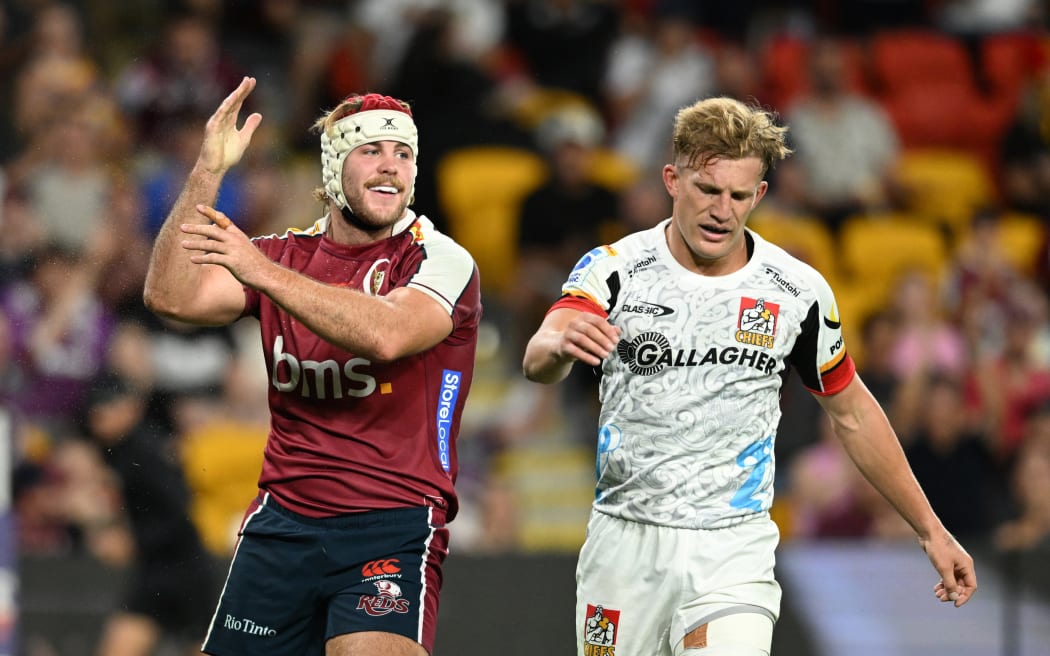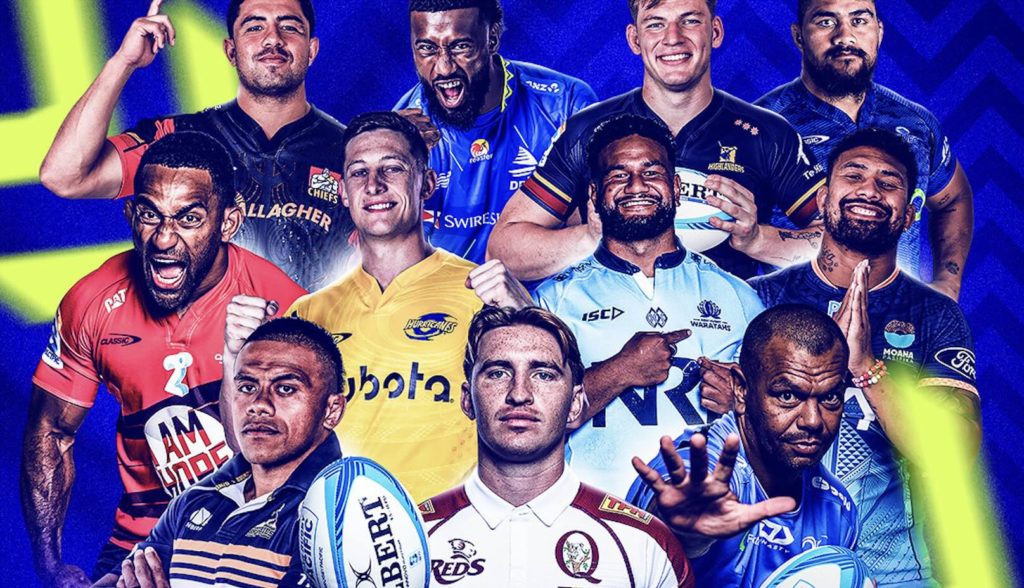Former Wallabies captain Michael Hooper has voiced strong support for the return of South African teams to Super Rugby, highlighting challenges faced by these franchises in their current competitions and advocating for a revival of the revered southern hemisphere rugby tournament. With Super Rugby’s esteemed legacy dating back to 1996, the inclusion of South African teams like the Bulls, Lions, Sharks, and Stormers has been missed, especially given their transition to the United Rugby Championship (URC) and European competitions following pandemic-induced disruptions. As rugby continues to evolve in 2025, Hooper’s perspective sheds light on the complexities surrounding international rugby, player welfare, and the broader implications for team spirit and rugby tournaments worldwide.
Michael Hooper’s Perspective on South Africa’s Role in Super Rugby Pacific
Michael Hooper, celebrated for his leadership as Australia’s most-capped captain, expressed during a recent Stan Sport Inside Line interview that he would “love to see South Africa back” in Super Rugby. According to Hooper, this move could rejuvenate the competition’s quality and appeal, drawing international rugby fans and athletes alike.
- Desire for South African team inclusion: Hooper emphasized that it is not just South African players but entire franchises that he looks forward to welcoming back.
- Attractiveness to foreign players: With the competition becoming more enticing, especially through the integration of reputable South African sides, Super Rugby could reclaim its stature as a premier rugby tournament.
- Challenges of URC participation: Hooper highlighted the physical and logistical difficulties South African teams face flying long distances via routes such as Doha in the URC.
Impact of South African Teams’ Departure on Rugby’s International Appeal
Since South African franchises left Super Rugby after the pandemic-affected 2020 season, there has been a void felt in the tournament’s dynamics. Noteworthy is how the Bulls, Lions, Sharks, and Stormers integrated into the United Rugby Championship, competing in European circuits, while the Cheetahs entered the European Challenge Cup instead.
- Shift of South African teams to URC: This transition altered traditional southern hemisphere rugby alignments and impacted rugby fans accustomed to intercontinental rivalries during the Super Rugby tournaments.
- Concerns expressed by rugby veterans: Former Springbok icon Schalk Burger described the URC as offering a “softer” competition compared to the “brutal” nature of Super Rugby, noting differences in intensity and physicality (read more).
- Implications for rugby unions and athletic gear endorsements: The shifting platforms create new challenges and opportunities for sports apparel brands investing in international rugby marketing, tying into evolving fan bases and team spirit narratives.
South African Coaches and Players Voice Mixed Feelings on the URC Experience
Notable perspectives within the South African rugby fraternity regarding their current participation in the URC reflect a blend of appreciation and criticism, particularly focusing on player wellbeing and competition level.
- Frans Steyn’s Critique: The Cheetahs’ director of rugby openly criticized the rugby calendar influenced by the URC’s requirements, advocating for a South African return to Super Rugby to optimize player condition and maintain high-performance standards (discover his views).
- Player Welfare Concerns: Hooper remarked on the physical toll and arduous travel schedules South African players endure, including long flights via Doha, which can hamper performance and recovery.
- Competitive Spirit and Team Dynamics: The disparity in competition intensity impacts player motivation, with some preferring the tradition-rich, fiercely contested Super Rugby Pacific tournaments.

Looking Forward: The Future of International Rugby and Super Rugby’s Legacy
Rugby’s international scene in 2025 is shaped by evolving tournaments and emerging discussions on how best to foster global team spirit and competitive balance. The potential reintegration of South African teams into Super Rugby carries significant implications.
- Enhancement of tournament prestige: Returning South African teams would bolster the tournament’s reputation and attract enhanced viewership ratings worldwide.
- Revitalization of traditional rugby rivalries: South Africa’s re-inclusion would reignite iconic matchups, benefiting stakeholders across sports apparel, rugby unions, and fans.
- Economic and logistical considerations: Collaborations would need to address the rigorous travel demands highlighted by players and coaches, ensuring sustainable participation.



